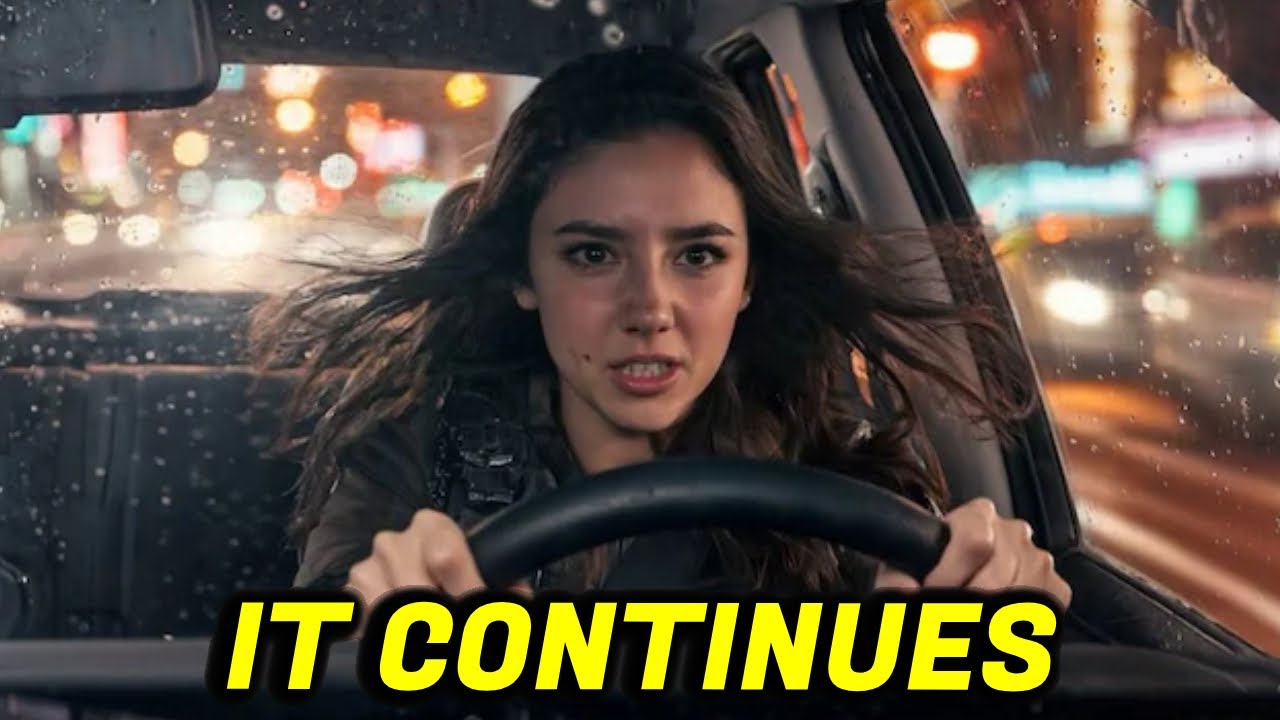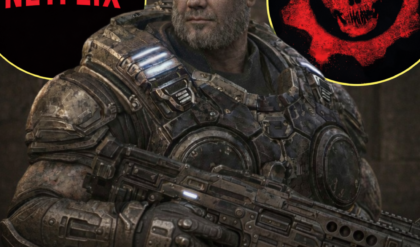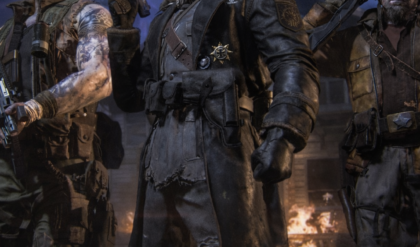🤖 What if Hollywood’s hottest new star isn’t flesh and blood, but code-born chaos—talent agents circling an AI “actress” that’s igniting fury from A-listers and unions alike? 😡 Tilly Norwood’s digital debut spells doom for human dreams, or is it the future in disguise? Dive into the explosive scandal tearing Tinseltown apart! 🎥💥👉

The entertainment industry is reeling from the debut of Tilly Norwood, billed as the world’s first fully AI-generated “actress,” whose creators claim is drawing interest from talent agencies. Unveiled at the Zurich Film Festival in late September 2025 by Dutch producer Eline van der Velden’s AI talent studio Xicoia—a spin-off of her production company Particle6—the synthetic character has sparked a firestorm of criticism from actors, unions, and filmmakers. What began as a provocative showcase of AI’s potential in storytelling has escalated into a broader debate over ethics, job displacement, and the essence of artistry, with high-profile figures like Emily Blunt and SAG-AFTRA decrying Norwood as a threat to human performers. As van der Velden defends her creation as “a piece of art” rather than a replacement for flesh-and-blood talent, the backlash underscores Hollywood’s ongoing anxieties about artificial intelligence post the 2023 strikes.
Tilly Norwood emerged from a July 2025 comedy sketch titled “AI Commissioner,” a 20-second parody produced entirely with AI tools, including ChatGPT for scripting and ten software programs for visuals and voices. The character, depicted as a wide-eyed, brunette ingénue with a British accent, starred alongside 15 other synthetic figures in a satirical take on TV development. Norwood’s Instagram account, active since February, boasts over 30,000 followers with posts mimicking aspiring actors: headshots, faux screen tests, and clips boasting her versatility—from fighting monsters to nearly “winning an Oscar” in seconds. Van der Velden, a former actress herself, pitched Norwood at the Zurich Summit as the “next Scarlett Johansson or Natalie Portman,” revealing that after initial studio skepticism, multiple agencies were now vying to represent her, with a deal announcement imminent. This claim, amplified by Deadline Hollywood’s headline “Talent Agents Circle AI Actress Tilly Norwood,” ignited the controversy, prompting accusations of hype manufacturing and ethical lapses.
The response from Hollywood has been swift and vehement. SAG-AFTRA, the union representing over 160,000 performers, issued a statement on September 30 condemning synthetic performers like Norwood, emphasizing that “creativity is, and should remain, human-centered.” The guild clarified: “‘Tilly Norwood’ is not an actor, it’s a character generated by a computer program that was trained on the work of countless professional performers—without permission or compensation.” They warned studios and agencies that using such synthetics violates post-strike contracts requiring notice and bargaining, potentially “jeopardizing performer livelihoods and devaluing human artistry.” UK union Equity echoed this on October 4, with Secretary-General Joe Heavey stating, “Tilly is not an actress. She is an AI tool… A computer program has created something fundamentally disconnected from the craft of acting.” Actors like Emily Blunt called the prospect “really, really scary,” while Whoopi Goldberg argued audiences can discern human nuance in movement and expression.
Celebrity backlash flooded social media. Melissa Barrera urged actors to drop agencies signing AI entities, posting, “Hope all actors repped by the agent that does this, drop their a$$. How gross, read the room.” Natasha Lyonne called for boycotts of collaborators, and Mara Wilson questioned why “hundreds of living young women” whose likenesses may have been used weren’t hired instead. Jokes from Lukas Gage and others painted Norwood as “a nightmare to work with,” highlighting fears of control and exploitation. Briony Monroe, a Scottish actress, alleged her image was partially used for Norwood, raising personality rights violations. Critics like MSNBC’s contributor labeled it an “assault on cinema,” arguing AI threatens the irreplaceable human craft.
Van der Velden responded on Instagram, insisting Norwood is “not a replacement for a human being, but a creative work—a piece of art.” She compared AI to tools like animation or CGI, stating, “I’m an actor myself, and nothing… can take away the craft or joy of human performance.” Particle6 doubled down by launching an AI talent agency under Xicoia to manage and license digital characters, positioning Norwood as intellectual property for monetization. Yet, skeptics see this as evasion; comparisons to past CGI efforts like 2001’s Aki Ross or Hatsune Miku highlight failed attempts at digital stars, while Carrie Fisher’s posthumous AI use in Star Wars fueled similar unease.
The controversy ties into larger AI fears amplified by the 2023 SAG-AFTRA strike, where performers secured protections against unauthorized digital replicas. Publicists are divided: Some eye AI for cost savings—Norwood could perform endlessly without residuals—while others reject it outright. Northeastern University experts note AI can’t replicate human emotion, but procedural generation risks “empty” performances. On X, debates rage: Posts mock boycotts’ futility or hail AI as democratizing filmmaking, but many decry stolen data training.
Particle6’s ambitions extend beyond Norwood; Xicoia aims to create a roster of AI talents for licensing, potentially slashing production costs in an industry facing budget crunches. However, without transparency on training data—likely scraped from unlicensed performer footage—lawsuits loom, echoing ongoing battles over AI copyrights. Vanity Fair and others warn this could “end the industry as we know it,” prioritizing profit over artistry.
As panels at events like The Wrap’s Grill conference grapple with AI’s role—from actors to assistants—the tide feels unstoppable. Van der Velden’s vision of AI as a “new paintbrush” clashes with unions’ human-centered ethos, but economic pressures may prevail. If agencies sign Norwood, it could normalize synthetics, alienating audiences who crave authenticity. For now, the backlash amplifies calls for regulation, ensuring AI augments rather than supplants human creativity. Hollywood’s future hangs in the digital balance—will Tilly Norwood fade like past CGI dreams, or redefine stardom?





